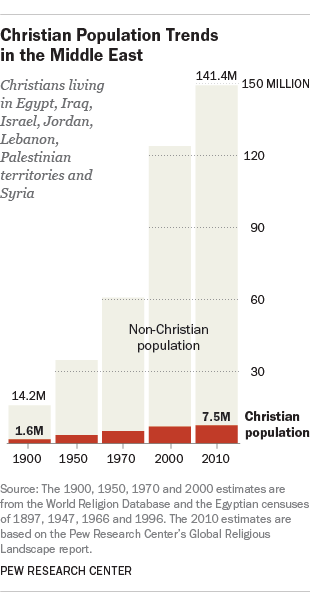Mudslimes destroyed Christianity in middle east...
Ancient Christian ruins discovered in Egypt | Malay Mail
A picture taken on December 27, 2016, shows ruins in the historic village of Al-Qasr in the al-Dakhilah Oasis, some 560km west of Cairo. — AFP pic
A picture taken on December 27, 2016, shows ruins in the historic village of Al-Qasr in the al-Dakhilah Oasis, some 560km west of Cairo. — AFP pic
Subscribe to our Telegram channel for the latest updates on news you need to know.
CAIRO, Mar 14 — A French-Norwegian archaeological team has discovered new Christian ruins in Egypt’s Western Desert, revealing monastic life in the region in the fifth century AD, the Egyptian antiquities ministry said yesterday.
The mission unearthed “several buildings made of basalt, others carved into the bedrock and some made of m&d bricks,” during its third excavation campaign at the Tal Ganoub Qasr al-Agouz site in the Bahariya Oasis, the ministry said in a statement.
The complex is comprised of “six sectors containing the ruins of three churches and monks’ cells”, whose “walls bear graffiti and symbols with Coptic connotations”, said Osama Talaat, head of Islamic, Coptic and Jewish Antiquities at the ministry.
Mission head Victor Ghica said “19 structures and a church carved into the bedrock” were discovered last year.
The church walls were decorated with “religious inscriptions” and biblical passages in Greek, revealing “the nature of monastic life in the region”, Ghica said, according to the statement.
It clearly showed that monks were present there since the fifth century AD, he said, adding that the discovery helped understand “the development of buildings and the formation of the first monastic communities” in this region of Egypt.
The remote site, located in the desert southwest of the capital Cairo, was occupied from the fourth to eighth centuries, with a likely peak of activity around the fifth and sixth centuries, according to the French Institute of Oriental Archaeology (IFAO), in charge of the mission.
Previous excavations undertaken in 2009 and 2013 shed light on subjects including “the production and preservation of wine as well as the husbandry of animals” in a monastic context, according to the IFAO.
Cairo has announced several major new archaeological discoveries in recent months with the hopes of spurring tourism, a sector that has suffered multiple blows, from a 2011 uprising to the coronavirus pandemic.
In February, it said a high-production brewery believed to be more than 5,000 years old had been uncovered at a funerary site in the country’s south.
Also last month, an Egyptian-Dominican archaeological mission working near Alexandria said it had discovered mummies from around 2,000 years ago bearing golden-tongued amulets.
In January, Egypt unveiled ancient treasures found at the Saqqara archaeological site south of Cairo, including sarcophagi over 3,000 years old, in a discovery that “rewrites history”, according to famed Egyptologist Zahi Hawass. — AFP

